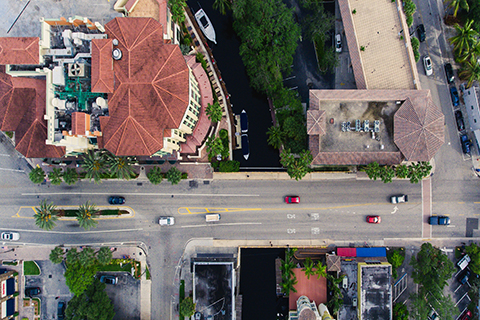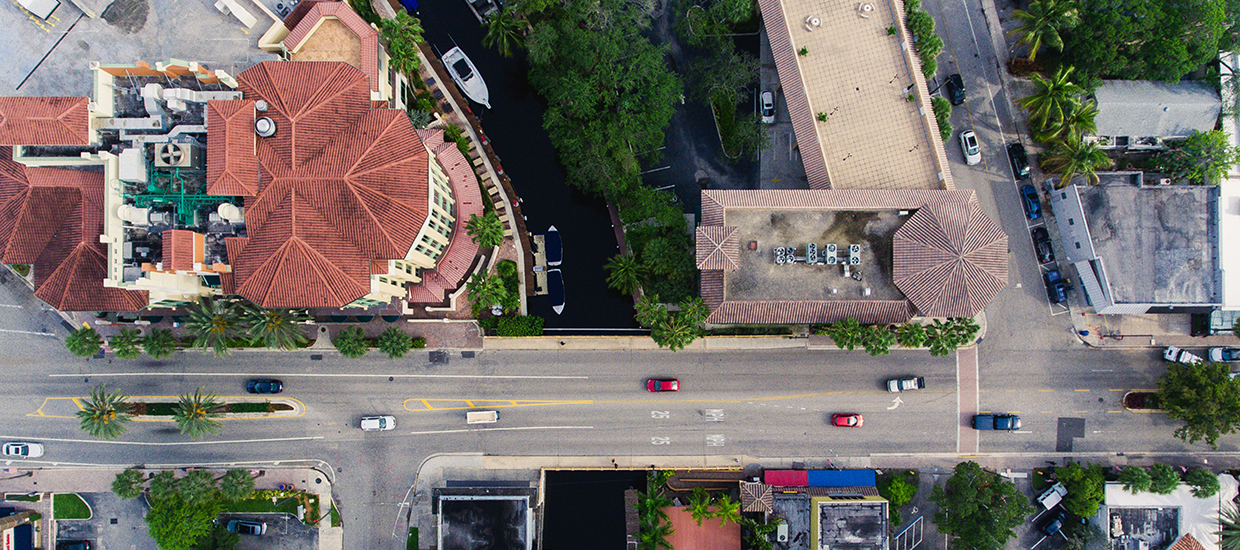Build students' competencies for infill and redevelopment practice focusing on: mixed-use development, transit oriented development, barriers and solutions for urban infill development, urban site analysis, repositioning of urban land, vacant and underutilized properties, long-term land leases, tax incentives, historic preservation, public-private partnerships, business improvement districts, tax increment financing, community (re)development districts, parking strategies, and urban housing types.





